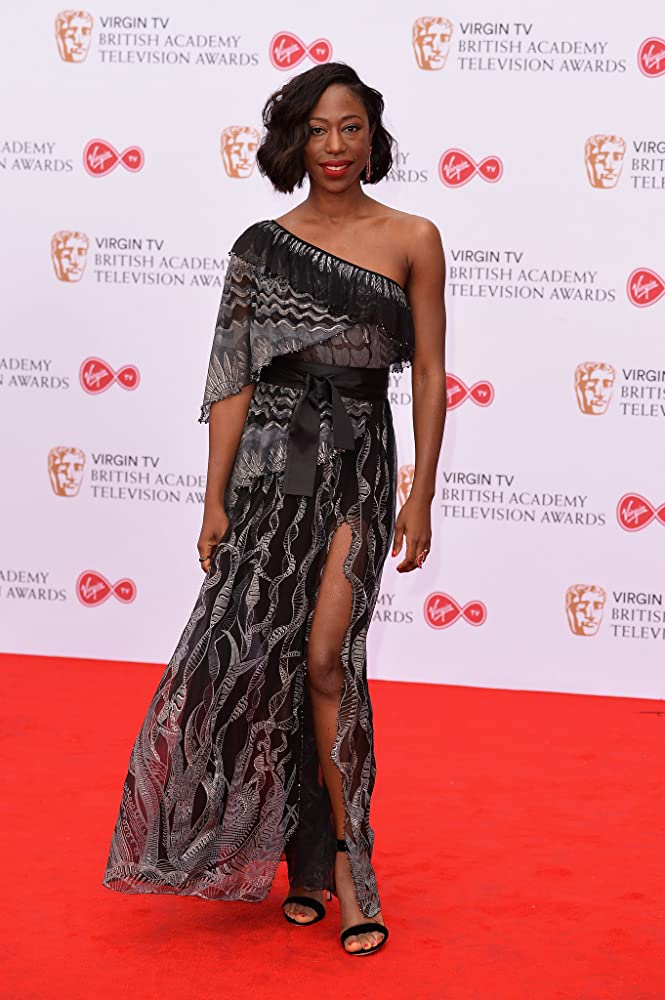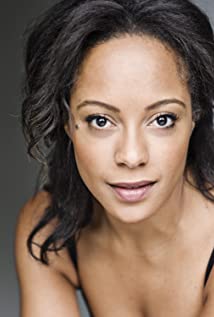I was reluctant to go and see this because from what I’d read about the casting, it was going to be as much an exercise in virtue-signalling on race as a re-telling of Dickens’ story about a poor boy’s coming-of-age in mid-19th century England. But a regular movie-going companion was keen, so I thought: keep an open mind, perhaps there’ll be some point to having a multiracial cast. After all, the director, Armando Ianucci, wrote and directed the TV satire The Thick Of It, and he sure didn’t let political correctness take the edge off his satire in that brilliant series.
I reminded myself that he also wrote and directed the critically acclaimed The Death of Stalin (2017), turning that ghastly story about a murderous dictator into a black comedy. Perhaps, I thought, he’s got some post-modern trick up his sleeve to shed new light on class and race in Dickensian England even though race was not an element in Dickens’ story. Perhaps there will be irony, or some other redeeming feature.
But if there was a meta-point being made here, I didn’t find it. My first instincts were borne out.
Let’s look at the casting before we get to the inevitable arguments.
Dev Patel (so good in Slumdog Millionaire and Lion) plays David Copperfield. He is the son of the widow Clara Copperfield, played by Morfydd Clarke, who is fair-skinned and, in this movie, blonde.

His dead father must have been a dark-skinned Indian, which doesn’t of course tally with Charles Dickens’ story. Okay, perhaps we can excuse that one on the basis that if Clara Copperfield was a poor widow with a mixed-race child, she might well have married the nasty Mr Murdstone out of desperation, but there should have been some reference to this circumstance, and there wasn’t.

Moreover, his aunt Betsey Trotwood, supposedly the sister of David’s deceased father, is played by the very pale, very fair-skinned Tilda Swinton. What gives? No explanation is offered.

Later in life, as a young man, David meets his friend Steerforth, the one who turns out to be a bit of a cad. He’s played by young Welsh (and white) actor Aneurin Barnard. Fine, but his mother, who openly despises David for his low social status, is played by a very dark-skinned Nigerian actress, Nikki Amuka-Bird.

Leaving aside the problematic question of how a black woman has achieved wealth and status in this milieu, how can she be Steerforth’s mother? Many of David’s other schoolmates are evidently of African or Asian descent and are played by mixed-race actors, so why not the one who actually does have a black mother?

Mr. Wickfield, father of David’s love interest Agnes, is played by the very Chinese-looking Benedict Wong, but Agnes herself is played by another black actress, Rosalind Eleazar, who shows no Asian features.

Do these genetic impossibilities not matter? I think they do. The casting choices are so jarring, so distracting, that I found myself constantly thinking – WTF?
Colourblind casting as such was not the problem. We see it all the time these days in contemporary stories set in multicultural modern societies, and rightly so. You could also imagine it working in a fantasy costume drama – a remake of a classic fairytale, for instance. But David Copperfield is no fairytale. It’s said to be Dickens’ most autobiographical novel in that as a child and a young man he experienced the constant threat of poverty and the class-based cruelty that he visited on his titular hero.
The one real irony here is that Charles Dickens, while he may have been a champion of the poor and downtrodden, was a man of his time when it came to racial prejudice. He referred to blacks as ‘primitives’ and ‘savages’, and after the Indian Mutiny of 1857, said the Indian ‘race’ deserved to be exterminated as punishment for insulting English might and dignity.
Ianucci is reported to have said that he wanted to ‘reflect the cultural diversity of Victorian England’. But in telling Dickens’ story the way he has, in changing the facts of the story so dramatically, he’s in effect ‘whitewashing’ it by saying that class mattered a lot in Victorian England but race didn’t. Really? What about colonialism? Imperialism? Slavery?
I daresay Iannucci is genuine in wanting to express distaste for racism, like so many contemporary filmmakers are. But he’s ignoring the historical fact that the holders of wealth and power at the time were white men. So when I say that the casting of a black woman as a powerful and wealthy figure in this setting is problematic, I’m not saying she doesn’t deserve that status, I’m saying people like her in that time and place just didn’t have it. And if they DID have it, as this story maintains, where does that leave claims of historical injustice? A young black or Asian person watching the movie is being told here that there were no racial barriers to social or economic advancement in Victorian England.
Isn’t that – horrors! – cultural appropriation? Isn’t that taking the stories of non-white people and telling them in a way that comforts white privilege? The thing is, he could have had his cultural and racial diversity without trivializing or distorting the true picture. He could have had his inclusiveness with less bizarre casting choices. He should have stuck to history.

